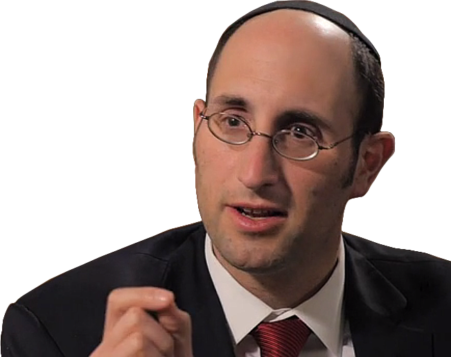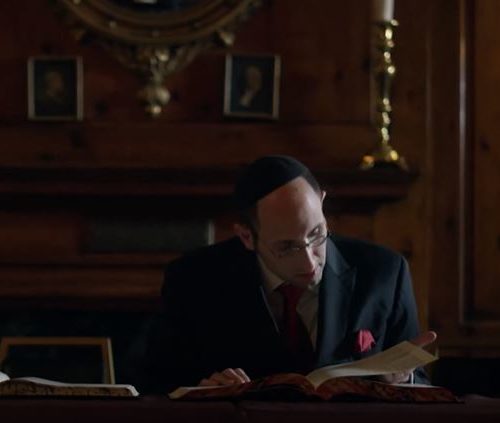Watch the Trailer
About the Course
Join Rabbi Dr. Meir Soloveichik as he shows you how, from national symbolism to functional governance, Jewish ideas were at the very heart of the American founding. In a series of eight enlightening and entertaining lectures, you’ll meet the fascinating Jews who influenced America’s early leaders, you’ll see how Jewish ideas informed so much of the American intellectual debate, and you’ll learn why America has been such an exceptional home for Jews.
Course Resources
Eight Fascinating Lectures
Religious practice, political symbolism, practical governance, and furious debate—the Jews and their ideas influenced it all. Learn how with Meir Soloveichik.
Episodes
Rabbi Soloveichik traces the life of Jonas Phillips, a German Jew who came to America in 1756 as an indentured servant and became a dedicated patriot who fathered of one of America’s most important Jewish families.
What relation did the founding have to Judaism? Rabbi Soloveichik investigates the story surrounding the creation of the United States’ official seal and the committee convened to determine that what the seal would be.
Though Thomas Paine was a non-believer, the heart of his Common Sense draws on the Hebrew Bible.
Returning to the Phillips’ family story, Rabbi Soloveichik recounts the occasion of the marriage of Jonas’ daughter Rachel and the founding father who attended her wedding.
Ratification of the Constitution was a contentious process, but America’s Jews, in contrast to many other religious groups, supported ratification by large margins.
After George Washington’s inauguration, the divided Jewish communities of the new nation sent him three separate letters. His responses teach us a great deal about America's relationship with the Jewish people.
Thomas Jefferson and John Adams—the founding generation’s preeminent intellectual leaders—differed mightily about the value of the Jews and Judaism.
The Jewish wedding canopy reminds Americans of their distinct conception of religious freedom and the remarkable possibility of integration without assimilation.

